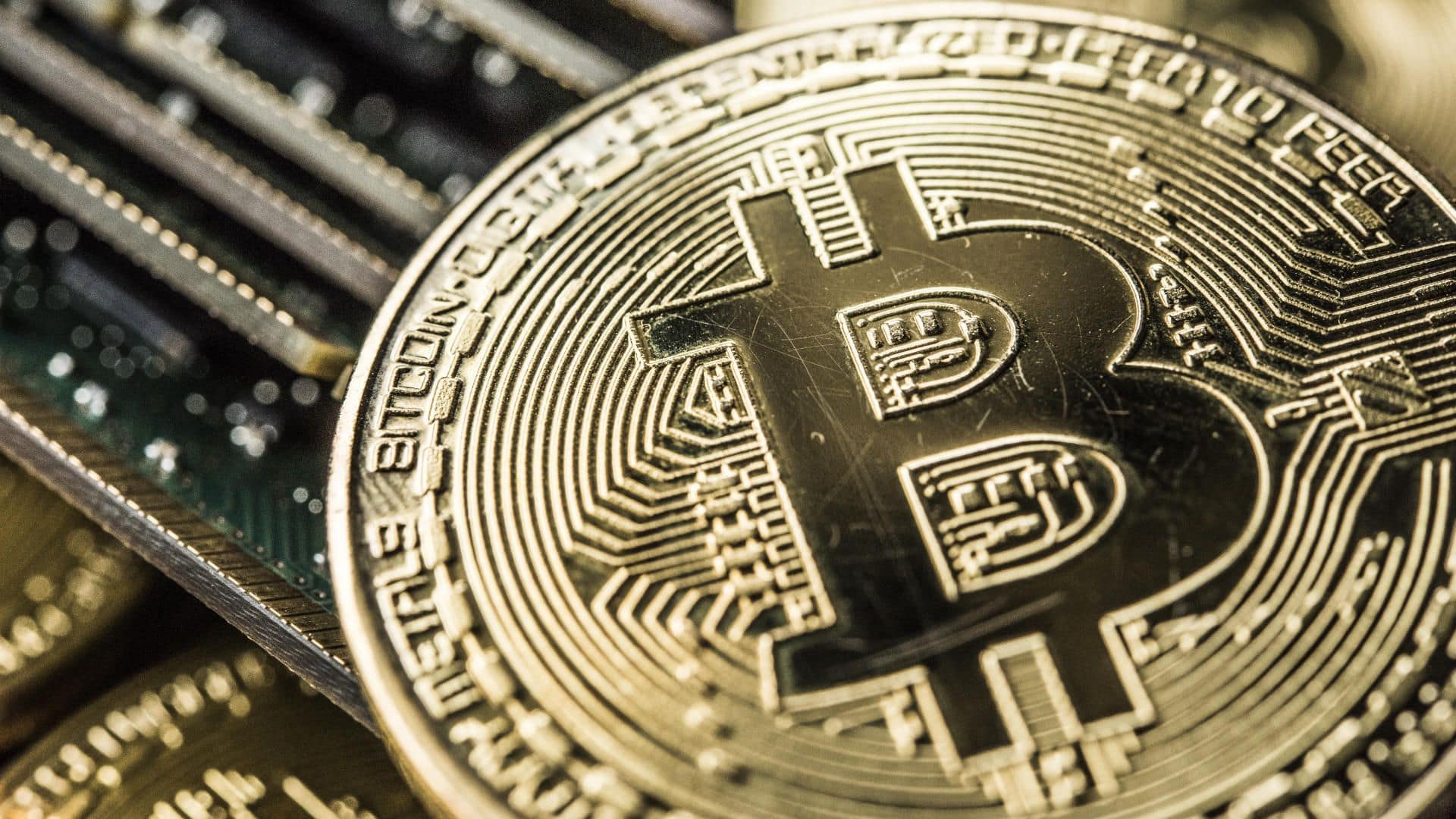A wide-ranging survey looking at what the British think about Bitcoin shows most people are not confident in dealing with cryptocurrency.
An overwhelming 62% told researchers that they felt negative or did not know (18%) if they would adopt a currency that was not controlled by a central bank.
Only 12% – one in eight – were positive and the rest (25%) were neutral.
Although 93% of brits had heard of Bitcoin, only 4% claimed to understand the cryptocurrency well.
Men were three times more likely than women to consider they had a good understanding of how Bitcoin worked.
And younger generations were more likely to have bought Bitcoin – 9% of 18 to 24 year olds compared to 1% of over 55s.
A fifth (21%) agreed cryptocurrencies would become as commonplace as cards or cash, but 43% doubted this would happen and a third (34%) said they did not know.
The survey was carried out by pollsters YouGov
Head sacked for mining with school computers
A headmaster has been sacked for harnessing eight of his school’s computers to mine cryptocurrency.
Lei Hua was mining Ethereum at home and decided to move his operation to Puman Middle School in Hunan Province, China, when he could not afford the electricity bills.
His action was discovered when the school in China received massive electricity bills that were double those from previous years.
Decentralised exchanges under SEC attack
US regulators have warned decentralised cryptocurrency exchanges that trying to work round the rules is not an option.
Securities & Exchange Commission cyber unit chief Robert Cohen says running an exchange on the blockchain does not avoid official scrutiny.
“The focus is not on the label you put on something or the technology you’re using,” Cohen told Forbes magazine. “The focus is on the function, and what the platform is doing. Whether it’s decentralized or not, whether it’s on a smart contract or not, what matters is it’s an exchange.”
The SEC has launched the first investigation against a decentralised exchange– EtherDelta.
A decentralised exchange operate as peer-to-peer ‘smart contracts’ between individuals, which means the exchange has no physical presence in any legal jurisdiction as a measure to avoid regulation.
